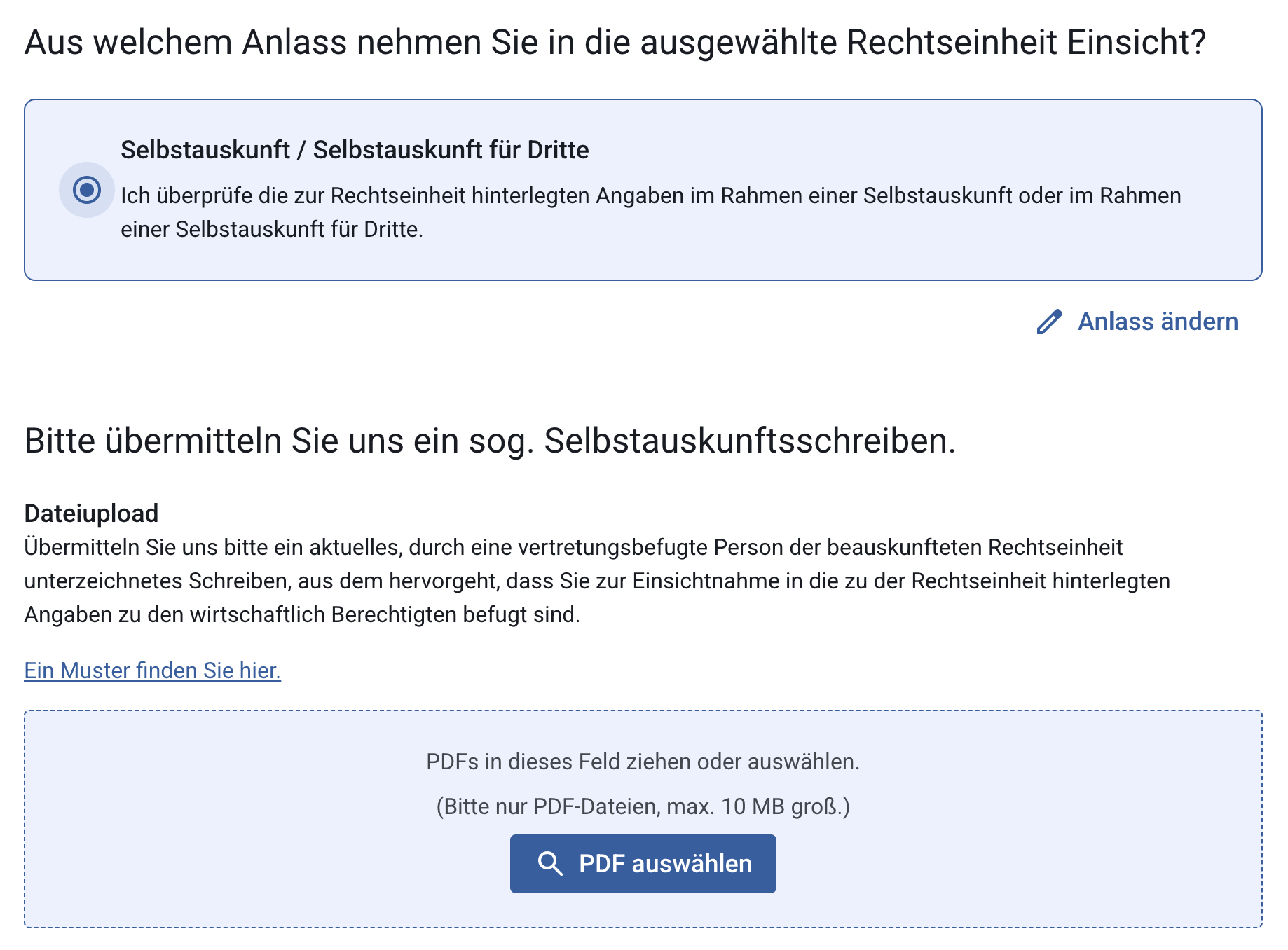The European Union will ban apps not licensed by Google under its new age verification system, which has been met with controversy. Set for pilot testing across five member states in 2025, the app threatens to eliminate alternative Android ecosystems. This dramatic shift could significantly alter Europe's digital landscape while raising pressing questions about privacy and digital sovereignty.
Google's Grip Tightens on EU Digital Identity
The EU's age verification initiative requires Google's Play Integrity API for security verification. This means apps from F-Droid, Aurora Store, or sideloaded installations face elimination.
Built on the European Digital Identity Wallet blueprint, the system uses anonymous credentials and data minimization principles. However, security requirements mandate Google Play distribution exclusively. Users preferring open-source alternatives will lose access to compliant age verification services.
The app aims to provide privacy-preserving digital proof of age for accessing restricted online services. Five countries will test the system throughout 2025 before wider European deployment. Current technical safeguards block any app not verified through Google's licensing system, effectively ending alternative Android distribution methods.
 EU Commission
EU CommissionAlternative App Stores Face Extinction
F-Droid serves privacy-conscious users worldwide. Aurora Store provides Google Play access without Google services. Uptodown offers regional app distribution.
All face potential elimination under EU requirements.
Developers distributing outside Google Play must integrate EU-approved age verification to serve European users. Small development teams struggle with added technical and compliance burdens. Users who choose custom Android ROMs or non-Google devices will have core functionality blocked.
This architectural decision undermines software freedom principles that have defined Android's open ecosystem since its inception. Privacy-focused users who specifically avoid Google services now face forced participation in Google's verification infrastructure.
 EU Commission
EU CommissionPrivacy Advocates Sound Digital Sovereignty Alarm
Open-source contributors view this as a forced dependency on American infrastructure.
The Electronic Frontier Foundation acknowledges EU privacy goals but criticizes the mandate of US gatekeepers for authentication. Civil society groups warn that age verification could expand into broader surveillance mechanisms. Many developers object to what they perceive as Google's further entrenchment in European digital infrastructure.
Play Integrity checks tie app authenticity directly to Google licensing, reducing user privacy despite stated goals. Custom ROM users and privacy-focused device owners face systematic exclusion from digital services. Critics argue that this precedent enables future expansion of identity verification beyond child safety applications.
 EU Commission
EU CommissionTechnical Implementation Raises Compliance Questions
The system deploys zero-knowledge proofs and selective disclosure for privacy protection. European Commission officials emphasize the temporary implementation before the replacement of the European Digital Identity Wallet in 2026.
Developers must monitor evolving compliance requirements as pilot programs provide feedback across multiple nations. Core privacy protocols remain unalterable, but local adaptation continues. Technical specifications and open-source code remain available for public review throughout the development process.
Ongoing legislative fine-tuning leaves the regulatory landscape uncertain. Officials stress child safety objectives while acknowledging the digital sovereignty concerns raised by privacy advocates and open-source communities.
Future Android Ecosystem Transformation
Full EU-wide mandatory adoption is expected to arrive by late 2026.
Users relying on alternative platforms must prepare for potential restricted access to digital services that require age verification. As more services demand secure, privacy-respecting proof of age, implementation will expand. Those avoiding Google Play face systematic exclusion from compliant applications.
Expected updates include expanded verification sources and feedback-driven adjustments during rollout progression. Developers need compliance monitoring as requirements evolve. The system's final design depends on ongoing debate over inclusivity versus restriction in verification methods.
Europe stands at a digital crossroads. The EU's age verification system promises child safety while potentially eliminating Android alternatives that millions rely on for privacy and digital freedom. Whether open-source ecosystems survive this transformation will determine whether Europe maintains digital diversity or surrenders control to American tech giants. The decision not only shapes app distribution but also the future of digital sovereignty across the continent.
.png)



